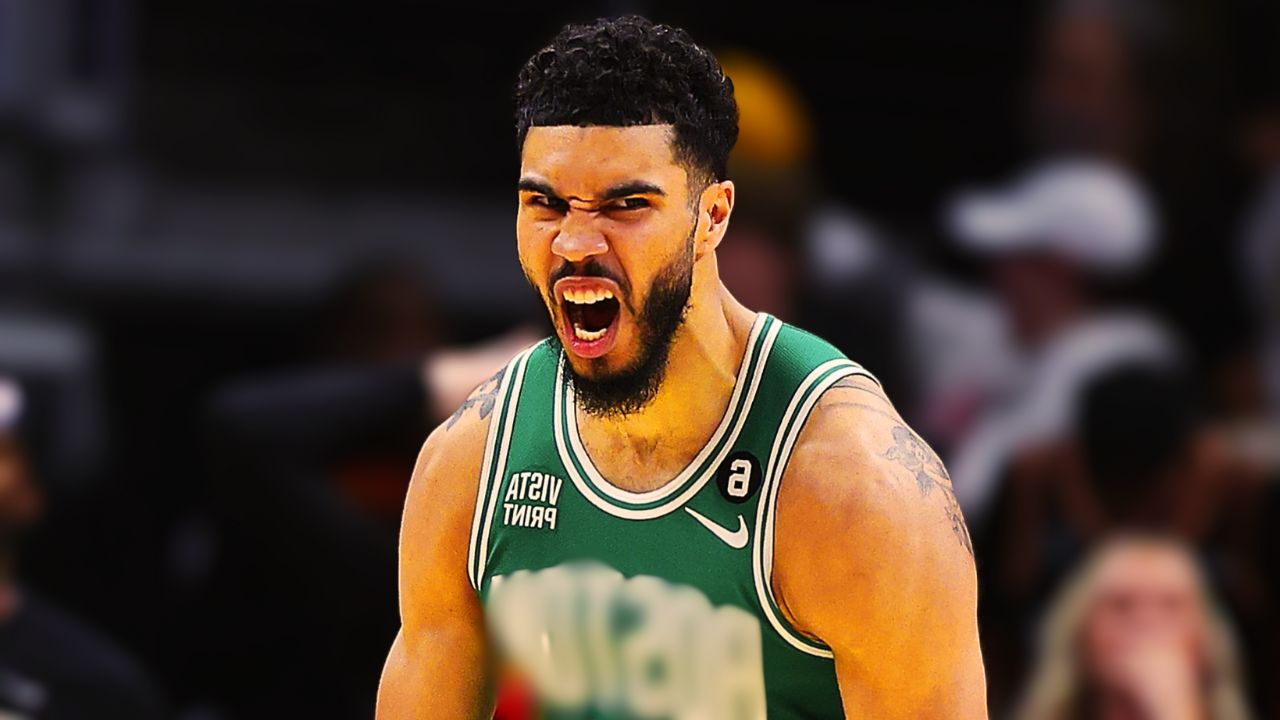Ex-Team USA Star Richard Jefferson’s Bold Take on Jayson Tatum’s Paris Olympics Chances: A Caitlin Clark Analogy Sparks Debate
In the wake of Team USA’s current resounding victory over Serbia, the spotlight seemed to polish brightly on Jayson Tatum, despite his conspicuous absence from the court. The Boston Celtics superstar have become the center of a social media hurricane, no longer for his performance, however for his absence from the game that noticed his crew steady a commanding win. While some fans lauded Kevin Durant for his standout performance, the narrative speedy shifted to Tatum’s benchwarmer fame, stirring a wave of on-line memes and debates.
Following the sport, former Team USA player Richard Jefferson stepped into the fray, defending Tatum and presenting a completely unique angle on why the Boston Celtics famous person may not fit into the Paris Olympics roster. Using a compelling analogy regarding WNBA celebrity Caitlin Clark, Jefferson laid out his argument at the latest episode of the “Road Trippin’” podcast.
However, Jefferson’s inspiration isn’t always with out its challenges. Critics argue that this strategy would possibly undermine group cohesion and create divisions amongst players vying for gambling time. The dynamics of one of these gadget could cause further controversies, in particular whilst celebrity gamers, like Tatum, are ignored notwithstanding their substantial contributions.
Jayson Tatum’s role in previous Team USA campaigns cannot be overlooked. His contributions during the Tokyo Olympics were noteworthy. In Tokyo, Tatum played a pivotal role in securing the team’s fourth consecutive gold medal, averaging 20.5 minutes per game and showcasing impressive statistics with a shooting accuracy of 49.3% from the field. His performance included an average of 15.2 points, 3.3 rebounds, 1.2 assists, and 1.2 blocks per game. Tatum’s track record demonstrated his capability and importance in international competitions.

Jayson Tatum
Jefferson articulated that the challenge of managing a roster packed with elite talent often leads to contentious decisions about who sees game time. “You also see the difficulty of fielding 12 superstars,” Jefferson noted, reflecting on the intense scrutiny Tatum faced despite the team’s 20-point victory. “The team won by 20 points and so much of the conversation and the discourse is going to be, ‘Oh, Jason Tatum didn’t play.’”
Jefferson’s analogy compared Tatum’s situation to that of Caitlin Clark, a rising star in the WNBA. “Should Caitlin Clark be on the USA team and then you put her on there and then she doesn’t play and then pull a Jayson Tatum?” Jefferson questioned, highlighting the broader implications of such roster decisions.
To address the concerns of benching high-profile players, Jefferson proposed a potential solution: “You need nine superstars and you need three players that are not necessarily guaranteed to go play. That’s my opinion.” This approach, he suggested, could balance the roster while managing expectations and minimizing dissatisfaction among the players.
Jefferson’s comments also touched upon the criticism faced by the selection process, particularly regarding the exclusion of players like Jaylen Brown, who had a significant impact in the NBA Finals. “If you would have had Jaylen Brown, all of a sudden, you have potential two or three superstars,” Jefferson noted. He argued that including high-caliber role players like Jrue Holiday and Derrick White could provide valuable depth to the team, even if their playing time is uncertain.
Despite these arguments, Jefferson emphasized that the primary focus should be on the team’s success rather than individual grievances. “The USA won, that’s all that matters,” he concluded, suggesting that the ultimate goal is to secure victories rather than fixate on the bench status of individual players.
As Team USA prepares for the Paris Olympics, the debate over roster decisions and player roles continues to spark discussions among fans and analysts alike. Richard Jefferson’s insights offer a thought-provoking perspective on balancing star power and team dynamics, challenging traditional views on player selection and game-time strategy.


